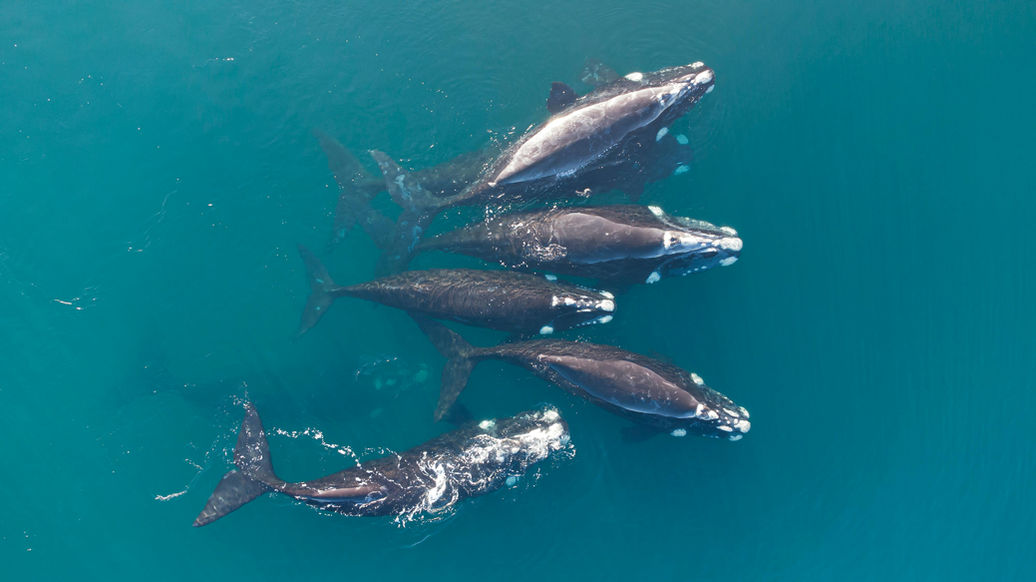TABLE MOUNTAIN RIGHTS
Table Mountain
The Table Mountain Range holds a special place not only in the hearts of nearly all Capetonians, but most South Africans and international visitors who experience this magical place. This shared reverence for the mountain presents an unique opportunity to unite a broad and diverse cross-section of society around a common purpose. The initiative aims to promote a collective sense of responsibility and to draw support from those with a deep connection to it - such as ecologists, environmentalists, hikers, climbers, spiritual groups and leaders, healers, Indigenous communities and youth, amongst others.
It is also the home of many indigenous species, some of which are now at risk of extinction, including critically endangered fynbos like the Granite Cape Flax and the Table Mountain Ghost Frog. For countless generations, Indigenous cultures have recognised certain landscapes as Sacred Places of profound ecological and spiritual significance, essential for regulating the balance of life on Earth. Like the organs of a living body, these sites are seen as regulating natural systems and sustaining the planet’s vitality. Table Mountain ("Hoerikwaggo") is one such place: a mountain of extraordinary cosmic and ecological power, revered by many both locally and globally. It even has a constellation called "Mensa" named after it. Visible in the Southern Hemisphere’s winter sky beneath Orion, Mensa is crossed by the Magellan Cloud, which resembles Table Mountain’s dramatic and iconic cloud formation known as the “Table Cloth”. It is also considered one of the seven World Wonders of Nature.
Although most of this area is a national park, it is unfenced and cannot be completely protected by existing conventional systems. This incredibly important movement seeks to protect this ecological community by embedding ecological ethics within local communities and reviving principles of Harmonious Coexistence within Nature that are consistent with African cosmologies and Earth Jurisprudence.
The Time Is Now
Across the world, forests, rivers, and mountains are being recognised as legal subjects with intrinsic rights in order to establish legally enforceable duties on people, corporations and the State, to respect and protect them.
Examples include Taranaki Maunga (formerly Mount Taranaki / Egmont), Te Urewera (formerly the Te Urewera National Park) and Te Awa Tupua (the Whanganui River) in Aotearoa/New Zealand, the Atrato River in Colombia, and the Mare Menor lagoon in Spain. These legal recognitions affirm that these ecological entities are not merely resources to be used, but living beings (whom some regard as elders) with the rights to exist, regenerate, and be safeguarded from being harmed by people.



Our Mission
This initiative seeks to renew and celebrate our living relationship with Table Mountain and reintegrate a sense of sacred connection into the fabric of local life - through writing, music, ceremony, visual arts, and other cultural expressions. By recognising Table Mountain as a rights-bearing entity, we can also ensure its legal protection and ensures it continues to flourish for generations to come.
Whilst we envision shifting conservation governance toward an eco-centric and culturally inclusive model, we seek to build strong partnerships with key institutions, including the City of Cape Town and South African National Parks, to strengthen and coordinate efforts in protecting this vital landscape and entity.









